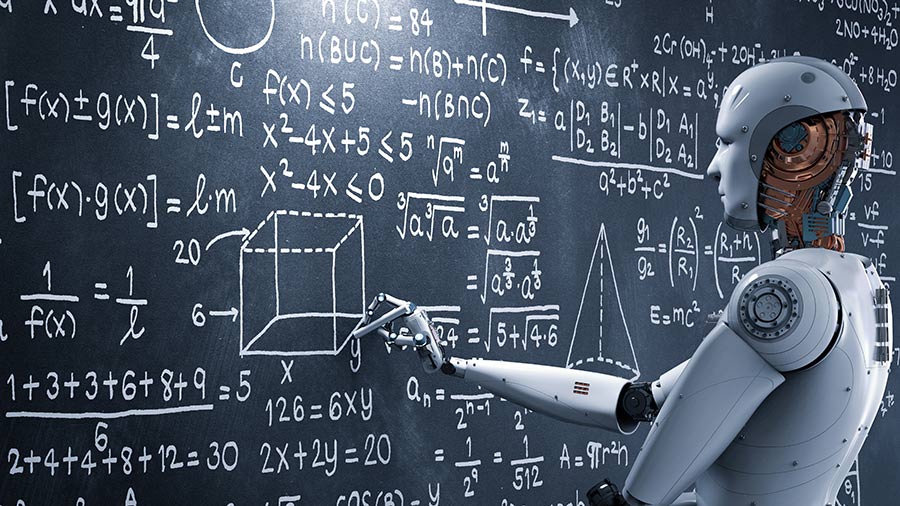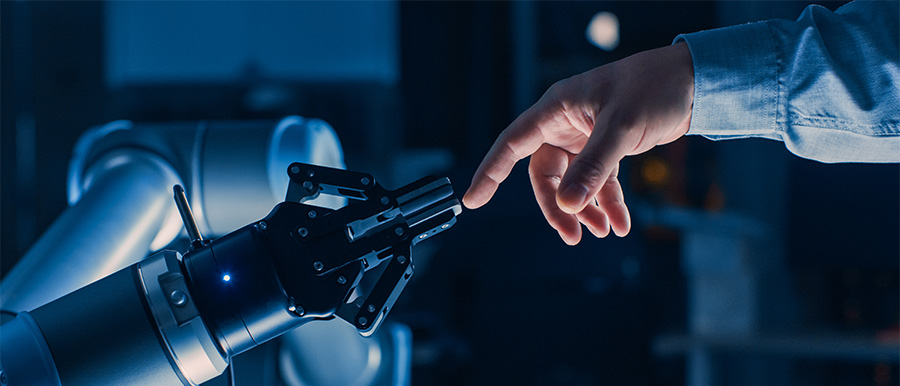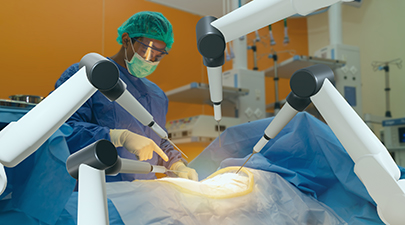Artificial intelligence is neither artificial nor intelligent

Written and edited by Nida Fatima, MD and Jakob Bower.
We are all captured by the saga of artificial intelligence. It is hard to deny the fact that this is becoming a kind of status symbol in research—more than the actual research itself!
Let’s start with the word itself: is it even, as we say, artificial intelligence? A lot of natural resources and labor from human beings is required to develop AI. Does that really make it artificial? Besides, AI does not have the intelligence of a human—the average AI we use has the computing power of a single worm1.
The people, the human intelligence behind AI, are kept largely anonymous, which might explain why there is so much bias in how the technology is discussed and used. Hundreds of data scientists, software engineers, computer engineers, and others must bring their heads together to build these technologies. I am not sure how can we say it is artificially intelligent if it is modeled after and with human minds and created from multiple natural resources.
AI is barely an analogue of human intelligence and nothing more than that. The word is completely deceptive.
Developing machine learning algorithms requires huge datasets. Are we ever sure about the quality of the data, what’s in it, or whether it’s susceptible to outside influence? It’s unclear.
What happens when you use that data, that raw material, for building thousands of projects? It’s like building a huge structure with a weak foundation—all that hard work can end up collapsing with just a minor earthquake. Does that seem like a good idea?
The Challenges of AI in Healthcare
Let’s focus in on medicine and surgery. Every physician is taking pride in coming up with a machine learning algorithm and claiming it to be the best. Another question arises: who is right in their claim?
It’s obvious that not everyone can be right. Not everyone is an expert, not everyone has the data, and not everyone has the right resources.
Similarly, there are many physician-scientists who are trying to build augmented reality systems incorporating AI. Everyone is in the process of competing against each other in the medical market.
We need to ponder on to the point that our customer here is, directly, the ‘human’. Is relying solely on AI a good idea in any way, especially if we are treating our patients who are already in pain and misery? Besides, AI can have a huge financial burden in terms of the machines and technology that we are trying to utilize.
No doubt AI is helping us, but in no way it is going to supersede human intelligence. An AI might employ several artificial neural networks in an attempt to mimic a human mind, but it doesn’t have the decision-making capabilities to deal with scenarios that are not being taught to the system. Therefore, we can only realistically call it a ‘human analogue,’ not ‘artificial intelligence’.
Giant technology companies like Microsoft are making excellent collaboration with the medical system to bring latest cool stuff like holographic lenses, but the question arises is it realistic, cost-effective, and, more importantly, clinically effective for performing surgeries on patients?
There is a huge difference in developing ideas versus implementing them. We need to be realistic. We need to be aware of the shortcomings of AI in healthcare system before putting tons of money into it. Companies are trying to use this technology as supplement to their work, and even their own staff mentions about the fact that AI is neither artificial nor intelligent 2.
References:
- Shane J, You Look Like a Thing and I Love You: How Artificial Intelligence Works and Why It's Making the World a Weirder Place, Little, Brown and Company: 2019
- Corbyn Z, Microsoft’s Kate Crawford: ‘AI is neither artificial nor intelligent’ Guardian News & Media Limited: 2021 https://www.theguardian.com/technology/2021/jun/06/microsofts-kate-crawford-ai-is-neither-artificial-nor-intelligent



